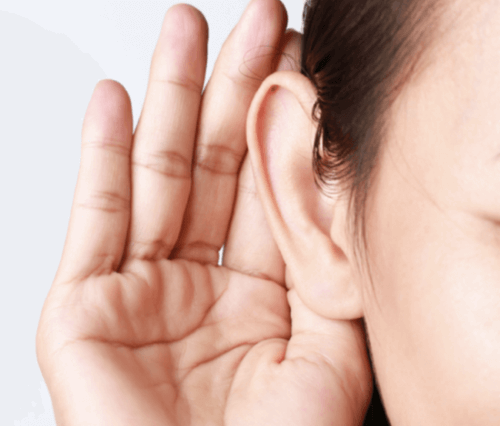
Our ears are complex and delicate structures, and we often take our hearing for granted. Hearing loss can be experienced by anyone of any age, from young children to adults and elders.
Although hearing loss isn’t always preventable, there are ways you can care for your ears and general health that can help reduce the risk of hearing loss and slow or stop the deterioration.
What is hearing loss?
Someone experiencing a hearing loss will have a reduced ability to hear sounds that would otherwise be heard normally. The NHS defines hearing loss as the result of sound signals not reaching the brain.
Hearing loss is measured using decibels (dB), and the quietest sounds or the lowest level of decibel you can hear determines whether you are experiencing a mild, moderate, severe or profound hearing loss. According to the British Society of Audiology, the hearing loss ranges are defined as:
- Mild hearing loss is 21-40 dB
- Moderate hearing loss is 41-70 dB
- Severe hearing loss is 71-95 dB
- Profound hearing loss is in excess of 95 dB
By visiting a clinical audiologist they can test your ears and explain your level of hearing loss on an audiogram, known as a Pure Tone Audiogram.
What are the different types of hearing loss?
There are two different types of hearing loss; sensorineural hearing loss and conductive hearing loss. You can also experience hearing loss caused by both sensorineural and conductive hearing loss. Each of these hearing loss types is caused by different factors.
Sensorineural hearing loss results from a problem with the auditory nerve or damage to the sensitive hair cells inside the inner ear. Sensorineural hearing loss occurs naturally as we age or as a result of an injury.
Conductive hearing loss often happens because of trauma or obstruction to the outer or middle ear caused by ear wax build-up, infection or malformation of the ear and ear canal.
Age is recognised to be the biggest reason we experience hearing loss, and on average people begin to experience hearing loss from the age of 40. There are habits you can introduce into your daily routine to protect your hearing and prevent further hearing loss.
How to protect your hearing
Hearing loss isn’t always avoidable, however there are things you can do to protect your hearing and ear health. Although there is no way to cure hearing loss, following our suggested steps can help you prolong your hearing health and become more aware of how to protect your ears.
Reduce your exposure to loud noises
The number one way to protect your ears from hearing loss is to reduce your exposure to loud noises. Loud noises over 70 dB can cause damage to your hearing when exposed for a long period of time, whereas loud noises of 120 dB and above can cause immediate harm to your ears.
Examples of everyday noises and their measured loudness in decibels are:
- Ticking watch is 20 dB
- Normal conversion is 60 dB
- Washing machine is 70 dB
- City traffic inside the car is 85 dB
- Maximum volume on personal listening devices is 110 dB
Being mindful of the volume while watching television and listening to personal music devices can help protect your hearing and reduce your exposure to loud noises. When travelling long distances in a car that is susceptible to road noise, we recommend taking regular breaks and avoiding turning up the radio volume to cover the road noise.
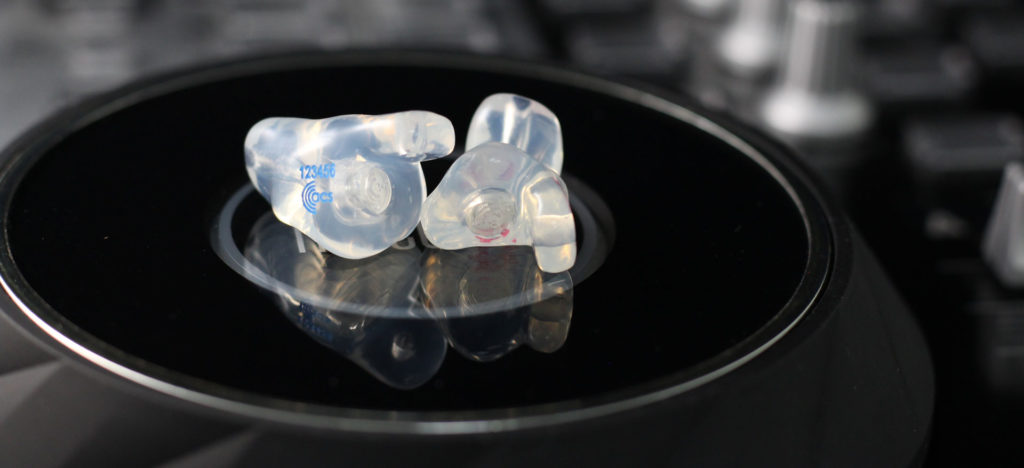
Wear ear protection in noisy environments
To help reduce your exposure to loud noises, we always recommend the use of ear protection. Those who work with heavy, loud machinery are required to wear ear protection as part of their work’s health and safety regulations procedure.
The most common hearing protection equipment options are ear defenders that sit over the ear like headphones or foam earplugs that are inserted into the ear flat and expand outwards to fill the cavity and block excessive noise. Both are effective at protecting the ears from hearing damage caused by prolonged exposure to noise provided the user inserts them correctly.
Wearing earplugs whilst swimming
If you’re a keen swimmer, you’ll likely be no stranger to swimmer’s ear. Swimmer’s ear, otherwise known as otitis externa, is a bacterial infection that occurs when water has lingered in the outer ear for a long period of time. Wearing earplugs whilst swimming can help prevent excess water from entering the ear and help prevent ear infections that follow.
If you find wearing earplugs uncomfortable whilst swimming, make sure to thoroughly clean and dry the ear when you exit the pool. Pulling the ear lobe in different directions and moving the head back and forth can help drain the ear canal of water. Follow up by gently drying the outer ear with a clean towel, but do not insert the towel into the ear.
Custom-made swimming plugs can be made for you to be a perfect fit for your individual ear shape.
Refrain from inserting objects into the ear
We understand the temptation of wanting to stick a cotton bud in your ear to scratch an itch or to clean out a wax-filled ear canal, but this can be extremely damaging to the health of your ears.
Using cotton buds or “ear buds” to clean the ear is counterproductive as it will push ear wax deeper into the ear canal, leading to compaction of the ear wax which can cause pain, discomfort and difficulty hearing.
Rather than sticking foreign objects into your ears such as hairpins, pens and fingers to relieve the ears, consider booking yourself in for ear wax removal.
Treat ear infections promptly
Ear infections can lead to hearing loss when left untreated. In some cases, ear infections may resolve themselves within a matter of days and the pain can be managed with over-the-counter pain relief medication.
Whereas with most ear infections, you will likely be prescribed antibiotic eardrops, oral antibiotics, steroid eardrops or antifungal eardrops depending on the type of infection and the severity.
If you suspect that you have an ear infection, or notice swelling around the ear, fluid discharging from the ear canal or are experiencing dizziness and hearing loss, seek advice from your GP.
Managing diabetes and general health
Studies have shown that people who live with diabetes are twice as likely to experience hearing loss compared to those who do not have diabetes. This is because high blood sugar levels can damage the delicate blood vessels within the inner ear, and low blood sugar levels can cause damage to the nerves and disrupt how the nerve signals to the brain.
Keeping on top of your blood sugar levels and ensuring they’re as close to your target level as possible will help prevent possible hearing loss associated with diabetes. If you have concerns about diabetes or blood sugar management, contact your GP for advice.
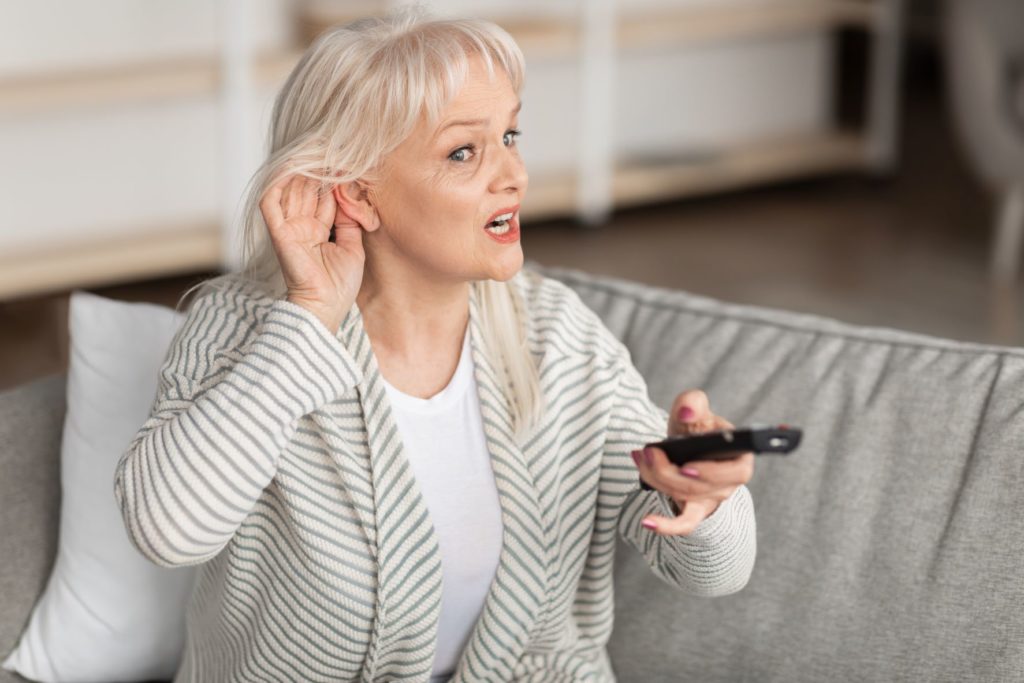
Signs you’re experiencing hearing loss
Unsure if you’re experiencing hearing loss? Hearing loss that happens over time can be hard to recognise, however there are some signs and symptoms of hearing loss you can look out for.
Decreased balance and stability
Have you noticed feelings of dizziness or are you finding yourself unsteady on your feet? This can be a sign of hearing loss. Our ears play a big part in our ability to balance, from our innate understanding of where we are, how to remain upright and how to prevent ourselves from falling over.
If you’re experiencing moments of dizziness or you feel your ability to stay balanced has changed, it’s important to speak to a clinical audiologist who can help perform comprehensive audio vestibular diagnostic tests.
We offer this service via referral at our Balance Centre where our expert clinicians have worked with a range of balance disorders including BPPV, vestibular neuritis/labyrinthitis, vestibular migraine, meniere’s disease, superior semicircular canal dehiscence and central vestibular disorders. Click here to learn more about the service and our Balance Centre.
Turning the volume up higher than usual
It’s easy to miss this sign because it can happen gradually over time, and often people don’t realise how loud their television or radio is until someone else comments on the volume!
One big indicator of decreasing hearing ability is needing to turn up the volume; if this sounds familiar or you’ve noticed you’re unable to hear the television or radio like you used to, be sure to get in touch and book a hearing test.
Difficulty focusing on a conversation in noisy environments
Are you struggling to keep up with the conversation in noisy environments or when there’s background noise? Or are you finding yourself having to ask someone to repeat themselves multiple times before you’re able to hear or understand them? This can also be a sign of hearing loss.
Background noise accompanied by hearing loss can make hearing the finer sounds of speech more challenging, leading to difficulty understanding conversations and needing others to repeat themselves or speak louder and slower. If you’re experiencing this, consider booking a hearing assessment.
Living with hearing loss
Hearing aid technology has become incredibly advanced over the years, and it’s becoming more advanced and useful for those who live with a hearing loss, making it possible to hear those speaking at the side, behind you and in background noise.
Once you’ve been diagnosed with a hearing loss, we work with you to assess which hearing aid would best suit your lifestyle, ear anatomy and level of hearing loss.
We offer many different types of hearing aids, from the classic and easily accessible behind-the-ear (BTE) hearing aid to invisible and discreet options. There is also the only truly invisible hearing aid Lyric, which is worn 24/7 and available on a subscription basis.
Interested in updating your current hearing aids or in need of a hearing test and consultation? Get in touch with our friendly and expert team to book an appointment and find out more.
Enjoy this article? You might be interested in some of our others:
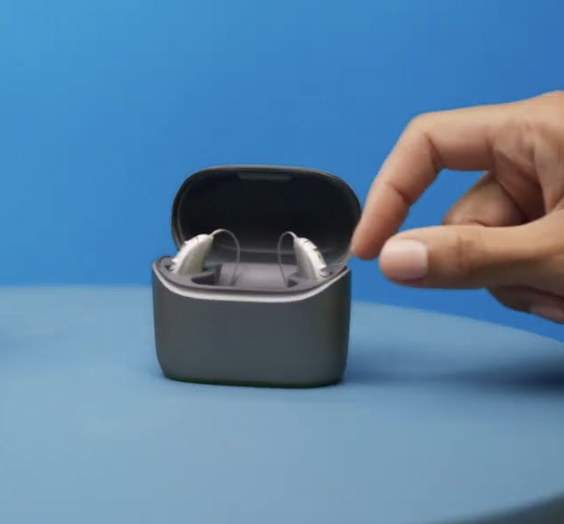
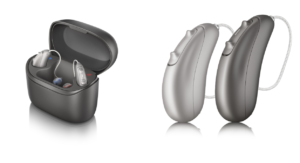 Designed focusing on comfort, aesthetics and ease-of-use, Moxi Vivante features new RIC (Receiver-in-Canal) designs and a new charging case.
Designed focusing on comfort, aesthetics and ease-of-use, Moxi Vivante features new RIC (Receiver-in-Canal) designs and a new charging case.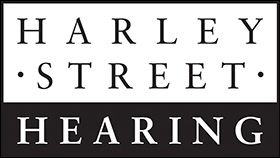
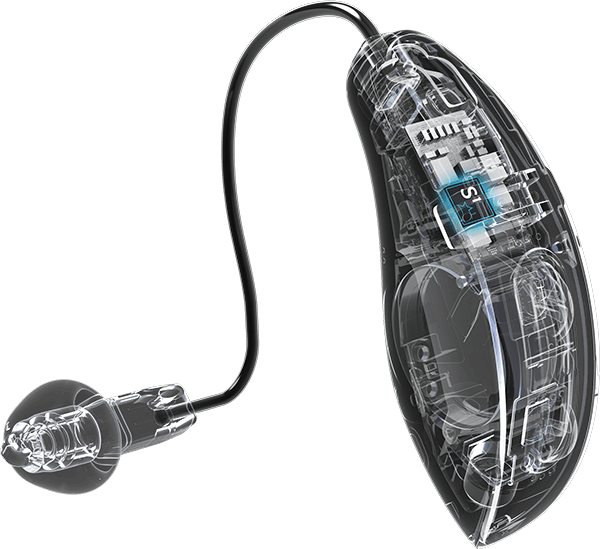
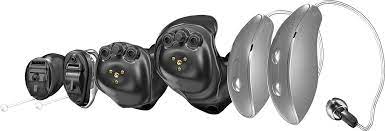
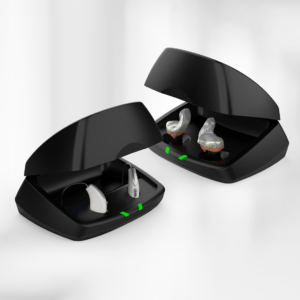 All-New Design
All-New Design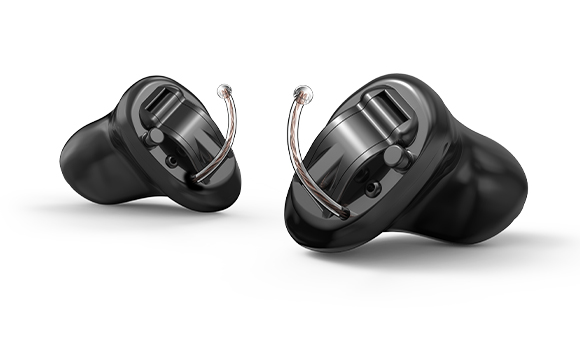
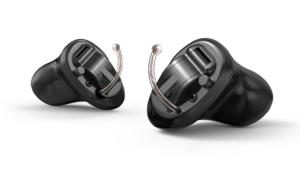 With up to 55 million personalised adjustments every hour, Evolv AI is an award-winning hearing aid that is expertly designed to automatically deliver realistic and genuine sound quality in every listening environment, so wearers can hear and enjoy life. Evolv AI is available in all styles, from Behind-The-Ear and Receiver-In-Canal to Completely-In-Canal and Invisible.
With up to 55 million personalised adjustments every hour, Evolv AI is an award-winning hearing aid that is expertly designed to automatically deliver realistic and genuine sound quality in every listening environment, so wearers can hear and enjoy life. Evolv AI is available in all styles, from Behind-The-Ear and Receiver-In-Canal to Completely-In-Canal and Invisible.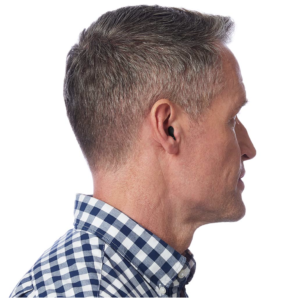
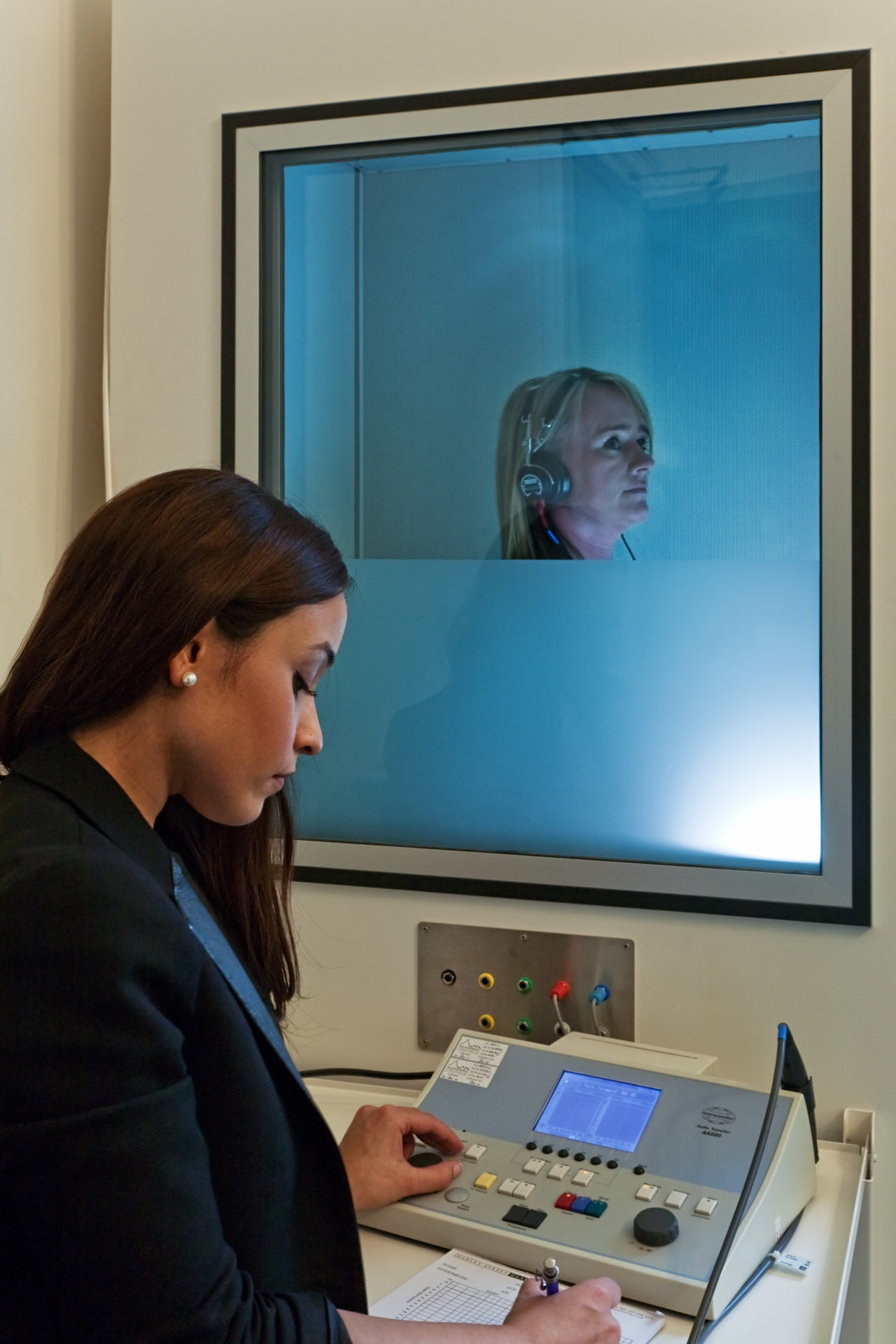
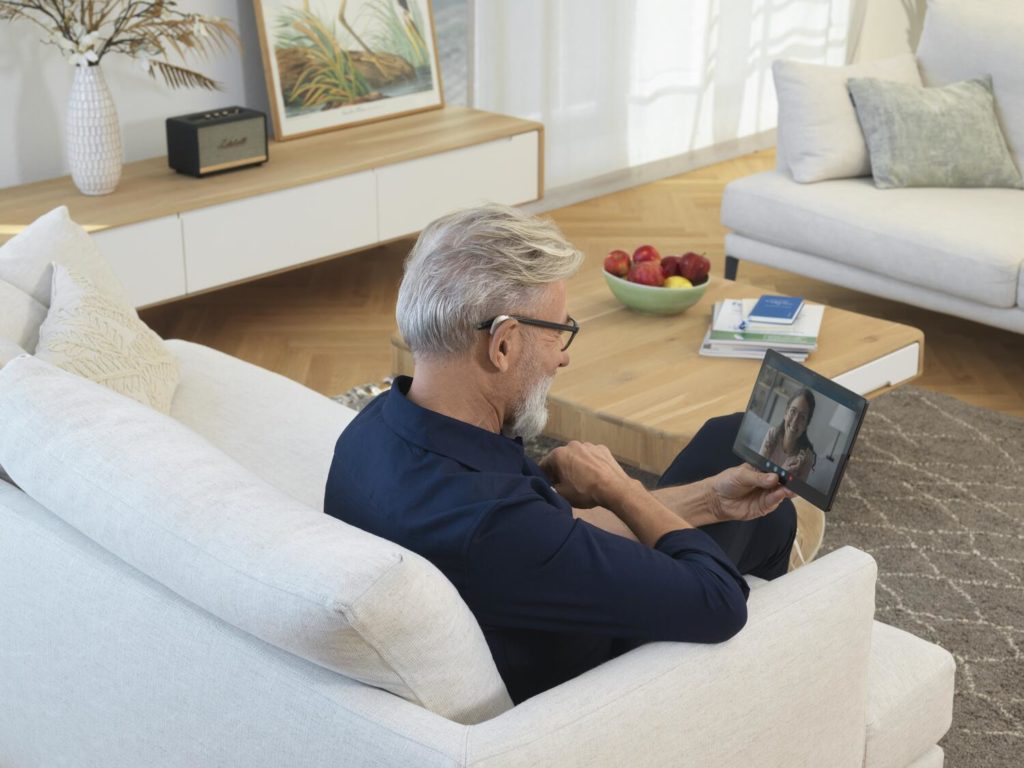
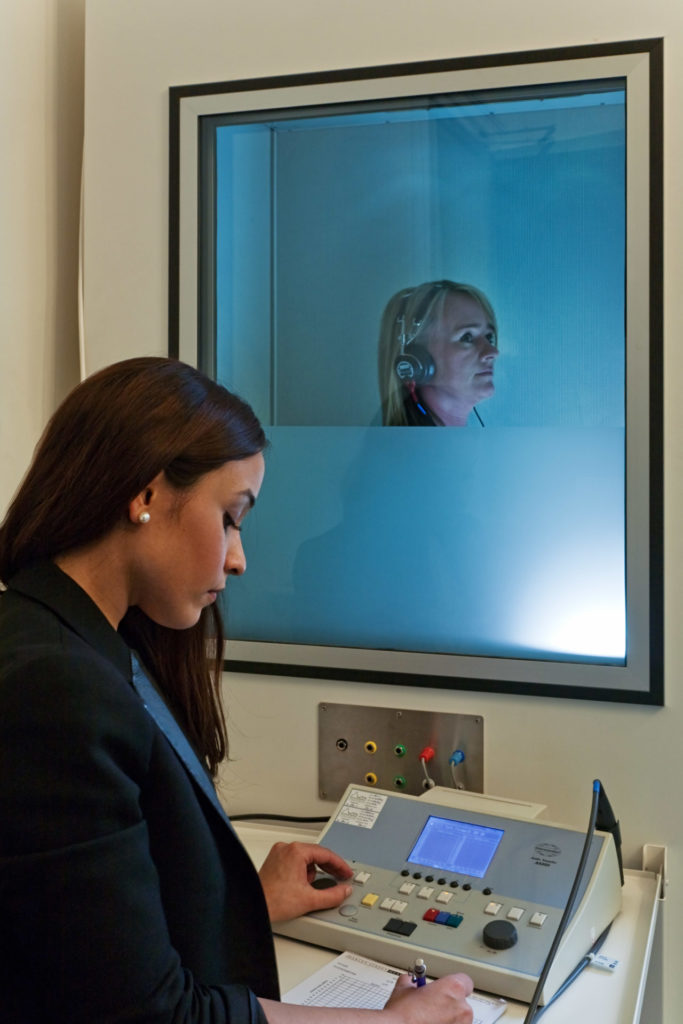
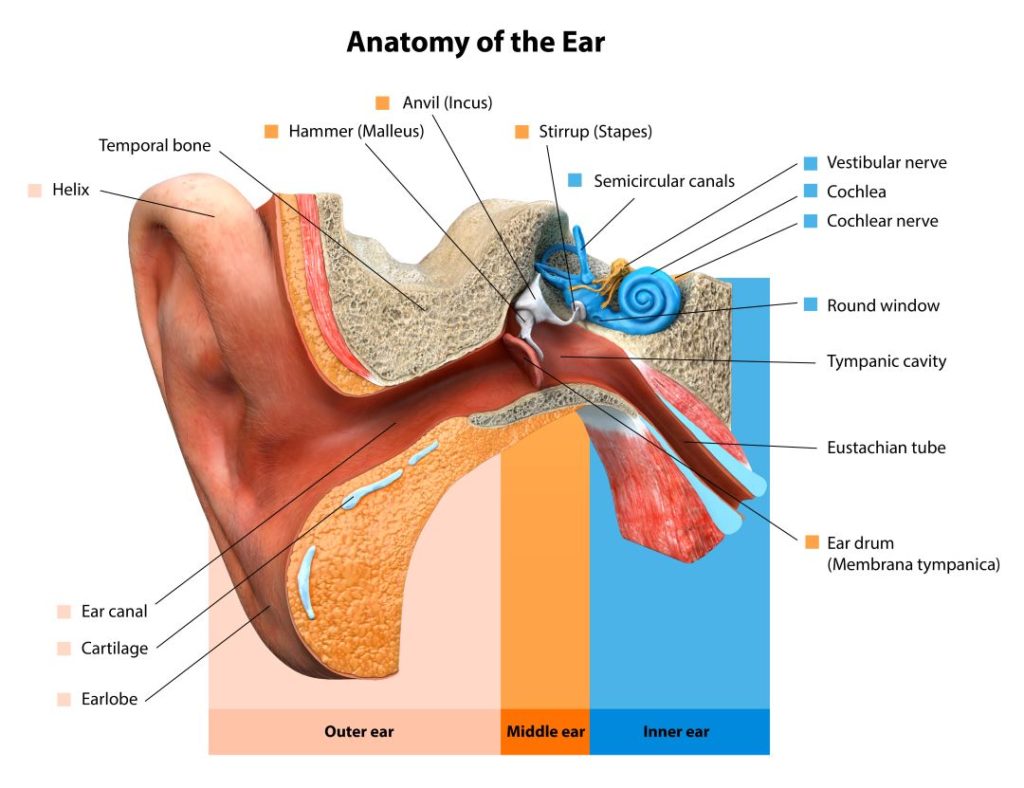
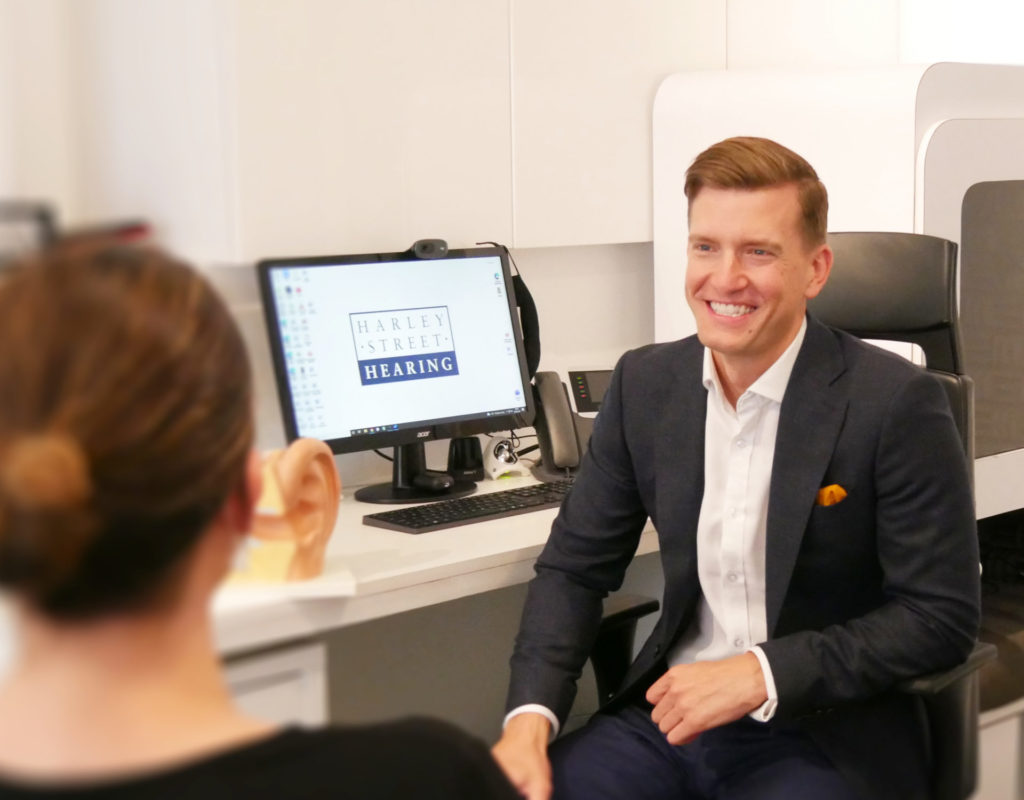
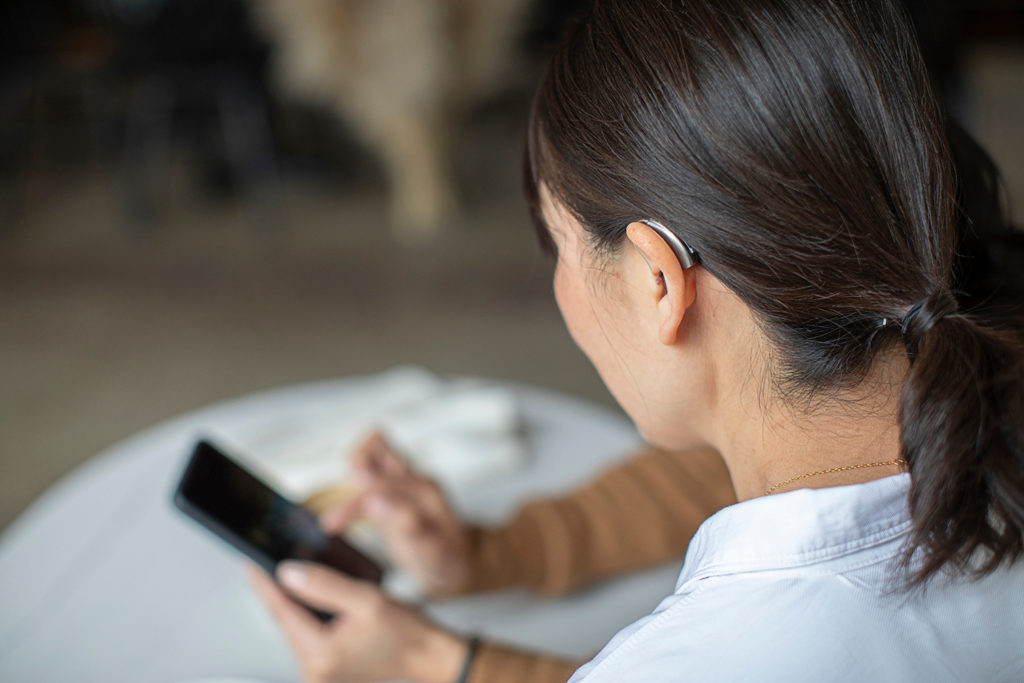

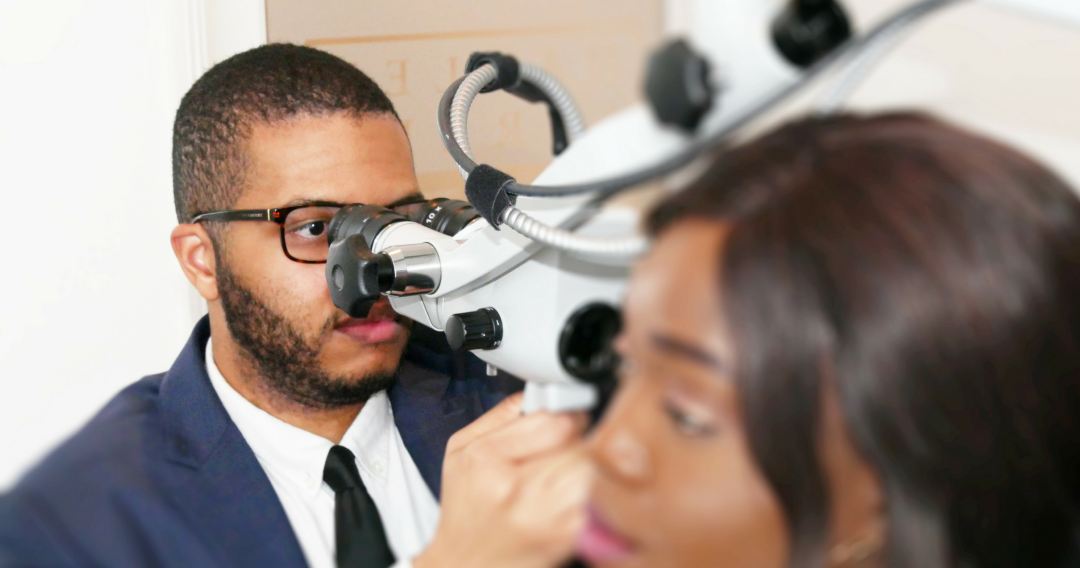
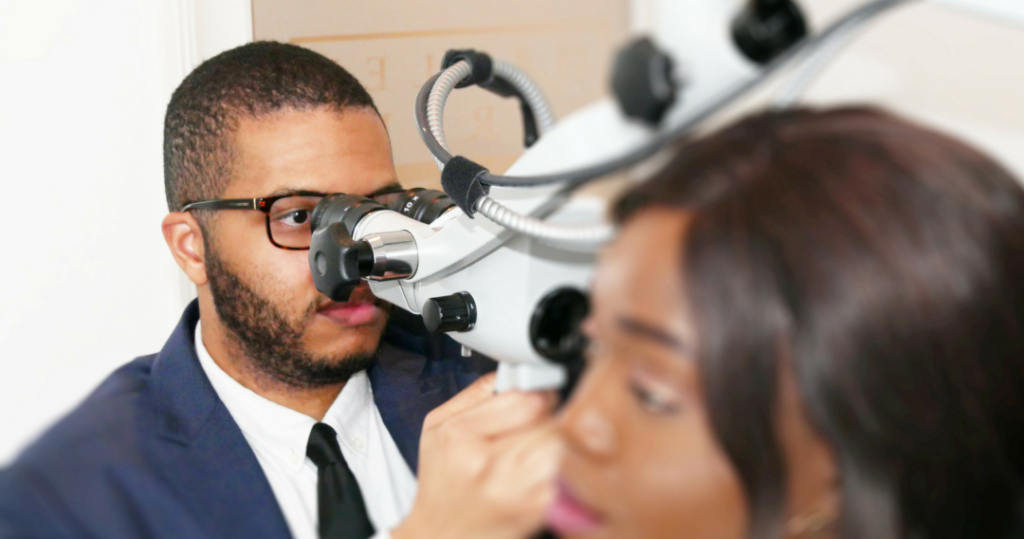
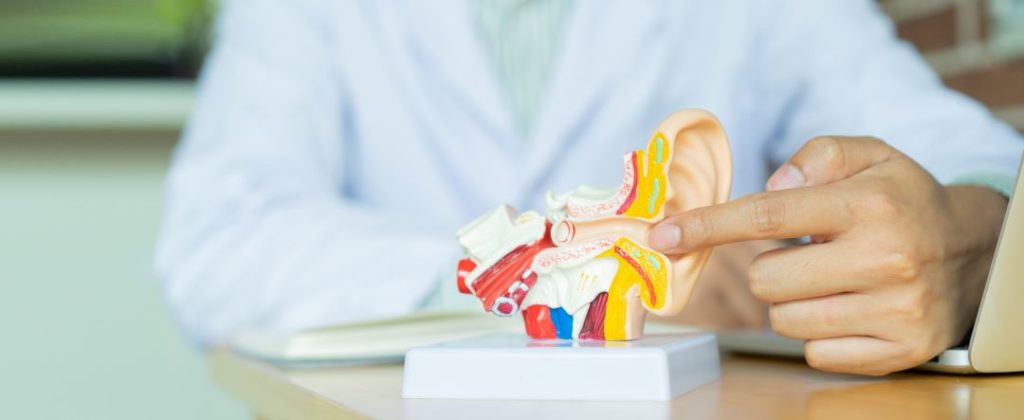




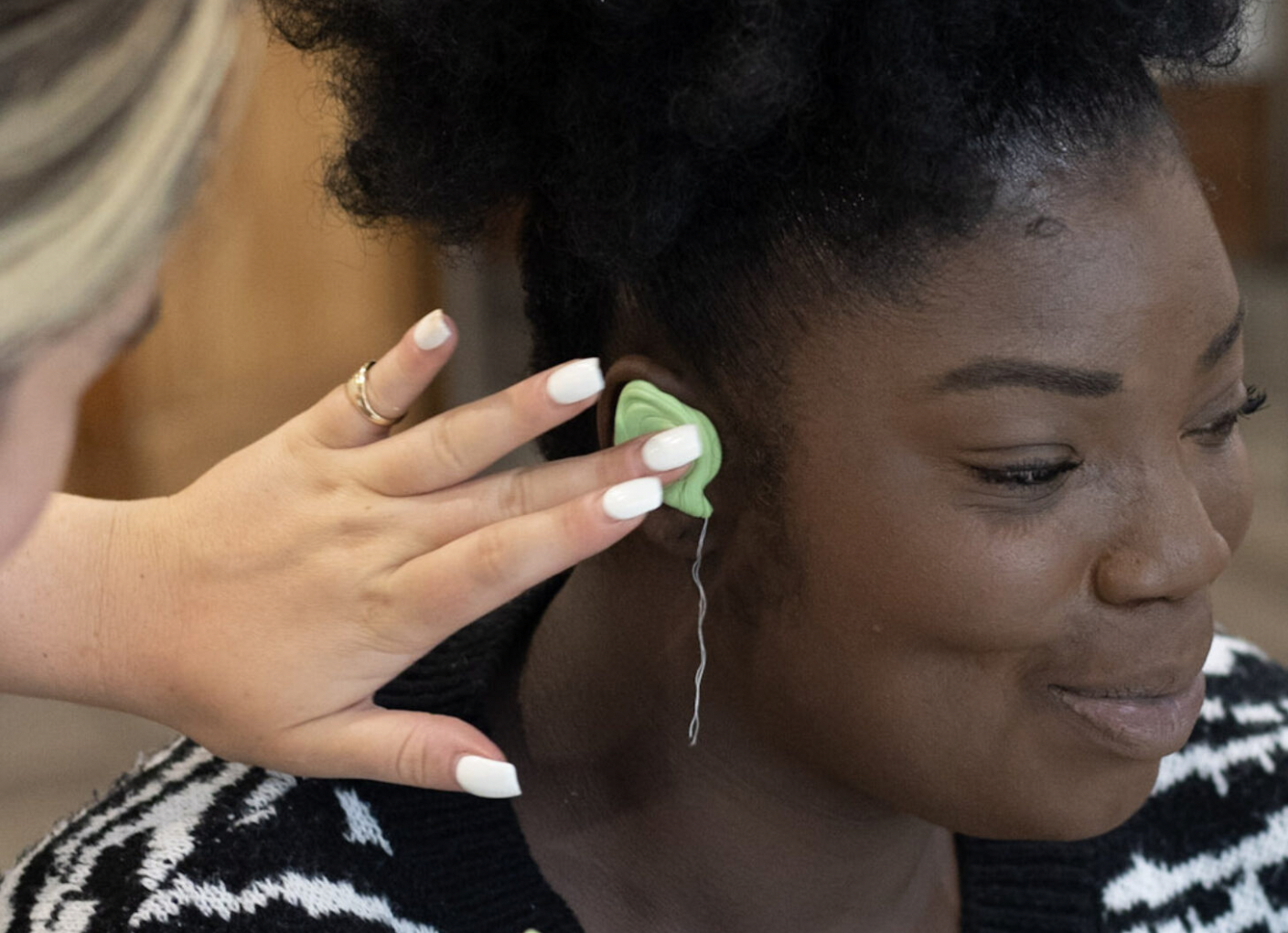
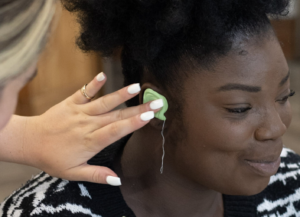









Recent Comments